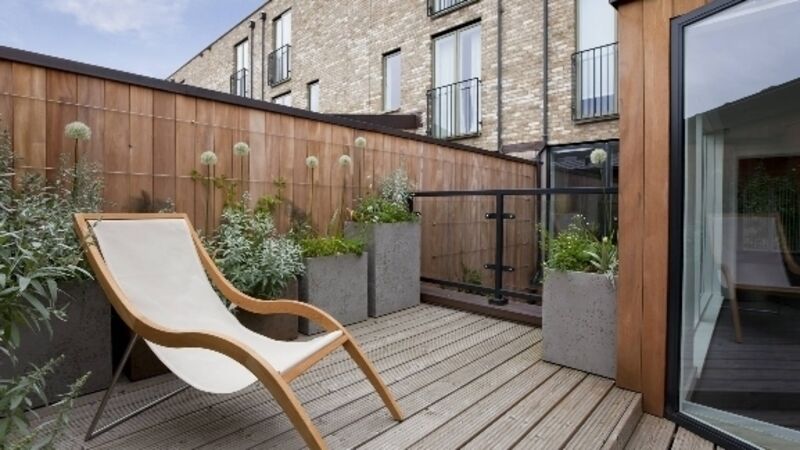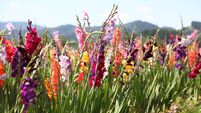Hard and fast first principles

If you are starting your garden from scratch or giving an existing garden a revamp, then the first area you need to consider is the “hard landscaping”.
The term “hard” in this instance refers to the features such as paving, steps, paths etc not the fact that it is “hard” as opposed to “easy” landscaping. No other aspect of your garden will require as much thought and consideration before you go to work. There are so many materials to choose from: natural stone, concrete and precast products, gravel, timber decking, glass, stainless steel to name but a few.
All of these can be used to good effect in a garden. I would suggest using similar materials for your paving as inside the house. If your kitchen is tiled then to help create the “outdoor room” use tiles or slabs on your patio, equally if you have timber floors within, then extend that effect by using timber decking outside.
Do be aware that decking and paving will need maintenance in our normally damp and mild climate, to prevent them becoming slip hazards.
I can’t advise you which material to choose but I would urge you to think long and hard before you act.
Of course budget too will possibly be the determining factor but I would rather do part of the garden with the correct material, even if expensive, than all the garden with the wrong material just because it may be cheaper.
* Have you noticed the infestation of whitefly this year? Indeed all aphids seem to be particularly prolific. Beech hedges and Photinia Red Robin seem to be particular favourites of this white coloured garden pest.
Rub a mature hedge at the moment and the air around it will fill up with thousands of these winged creatures who are gorging themselves on the sap from all parts of the plant.
I have recently written about organic and environmentally sound ways of keeping your garden healthy but I feel compelled to address these fellas in their own right, such is the scale of the problem at the moment.
I have been inundated by people asking me how to control these pests. I am guessing that it is one of the less desirable effects of the glorious summer we have been enjoying. Whitefly just love warm, dry sunny conditions.
There are many chemical controls on the market which claim to eradicate whitefly, but be aware that there are also organic methods available such as introducing ladybirds into your garden or spraying the plants with a garlic solution.
Some of the chemical solutions may harm bees and the natural predator of whitefly: ladybirds.
Killing the ladybirds ensures whitefly and greenfly problems for years to come and repeated need to purchase chemicals.





